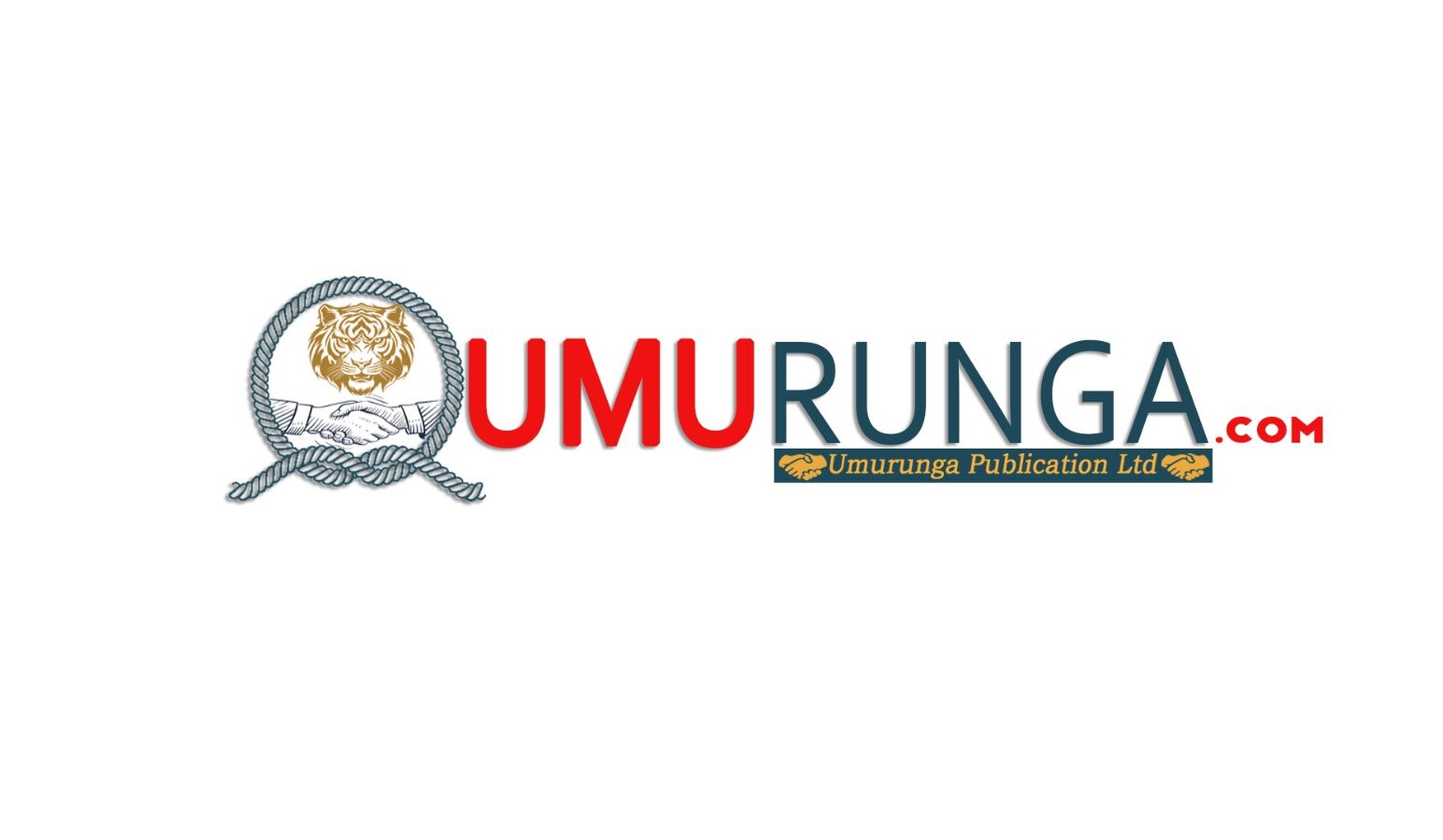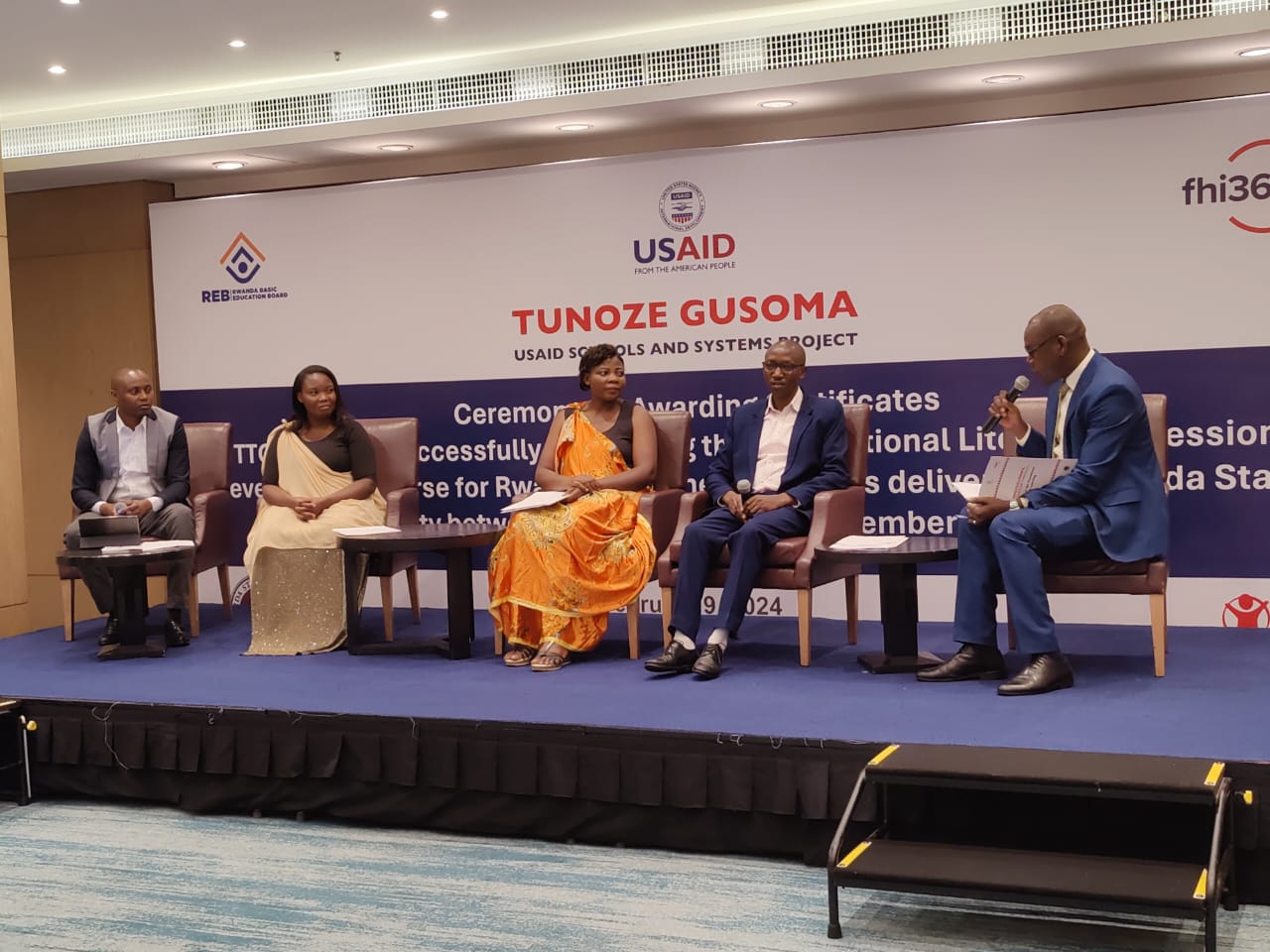The number 42 may mark the start of a significant shift for the Kinyarwanda language and Rwanda’s educational system.
Almost every community on the planet is undoubtedly concerned about language loss and the potential consequences it may have for cultural extinction. Rwanda is not any different, in fact, there is constant discussion in Rwanda about how to improve the low proficiency in Kinyarwanda among the youth in particular, but also among elders. In the not too distant future, the Rwanda Education Board (REB) wants to resolve this controversy, beginning with number 42.
After completing a year and a half of training in “evidence-based foundational literacy pedagogy,” the 42 are teacher trainers. Empirical studies consistently demonstrate that children excel in reading and writing when they start with a solid foundation in their mother tongue.
The goal of the Tunoze Gusoma, or flawless reading program, is to put this understanding into practice. The initiative is a collaboration between Florida State University, USAID, Save the Children, the nonprofit organization FHI360, and the REB.
“Many parents mistakenly believe that speaking to their children in a foreign language is the best way to help them learn those languages,” says Dr. Leon Mugenzi, head of teacher development and management at the REB. “Parents should communicate with their children at home, in Kinyarwanda.” The greatest basis for studying all other disciplines, including other languages, is actually one’s mother tongue.
By preparing teacher trainers—or, as Americans tend to refer to them, teacher eduators—the REB hopes to ensure the program’s sustainability as the initial 42 teachers pass on their acquired skills to new educators.
A certificate of participation was given to teacher trainers who did not meet the 80 percentage point threshold, or a certificate of completion with distinction was given to those who finished the course with 80 percentage points or higher. 34 trainees, or the majority, were awarded certificates with distinction.
A performance by the Indangamirwa ethnic dance troop marked the fitting end to the program.
The participants undoubtedly understood that, despite their enjoyment of the performance, they now had a duty to teach and transmit global best practices in foundational literacy training.
Continuous professional training is a component of the program, and REB may want to raise the 8 participants’ certificates of participation to the level of the 34 recipients of certificates with distinction.
![]()

